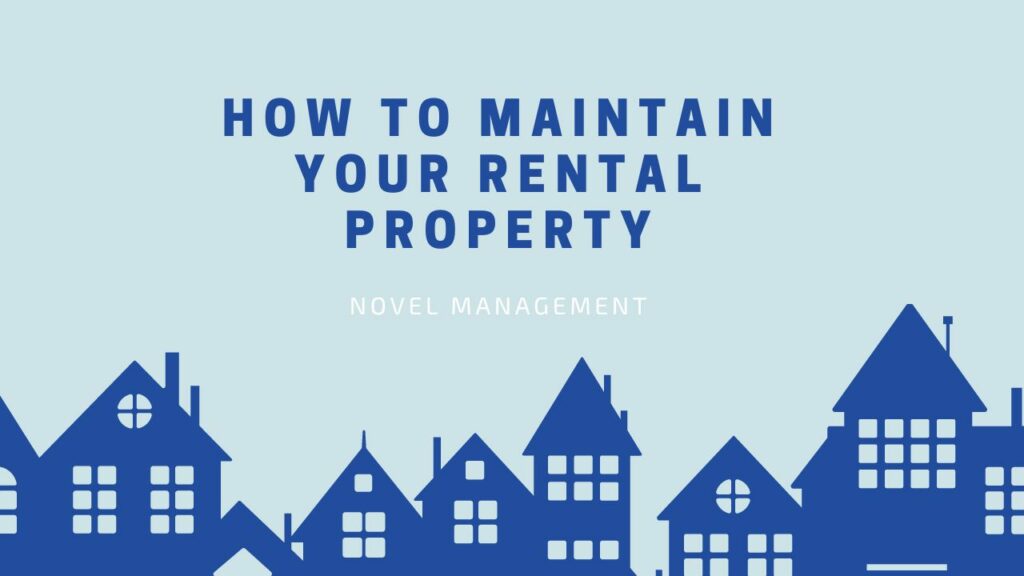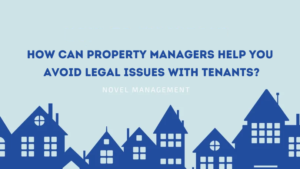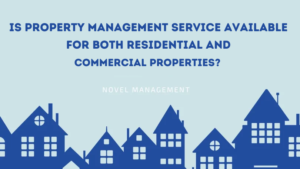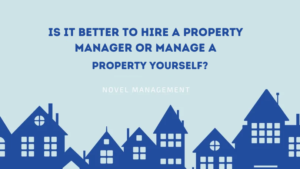For landlords, understanding the division of maintenance responsibilities between themselves and their tenants is crucial for maintaining a smooth relationship and ensuring the longevity of their property.
What Are a Landlord’s Property Maintenance Responsibilities?
Landlords have a set of key responsibilities regarding property maintenance to ensure their rentals remain habitable, safe, and appealing. These duties are governed by local, state, and sometimes federal regulations, and failing to comply can lead to legal and financial consequences. Here’s a breakdown of the core maintenance responsibilities typically held by landlords:
Ensuring Habitability
The most fundamental duty of a landlord is to ensure the property is habitable. This includes maintaining the structural integrity of the building, ensuring that the electrical, plumbing, heating, ventilation, and air conditioning systems are in safe working order and that the property is secure against intruders.
Compliance with Health and Safety Laws
Landlords must comply with health and safety laws that pertain to their property. This includes installing and maintaining smoke detectors, ensuring there are no hazardous materials like lead paint or asbestos or managing these hazards according to legal standards, and keeping common areas and the structural aspects of the building safe and intact.
Repairs
Landlords are responsible for making necessary repairs to keep the property in good working condition. This applies to things that break down over time and urgent repairs that affect the tenant’s ability to use the property as intended. For example, if a heater breaks down during winter, the landlord is typically responsible for its immediate repair.
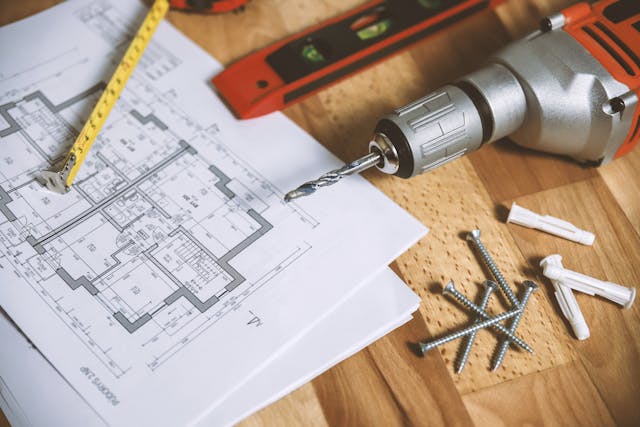
Regular Maintenance
Beyond repairs, regular maintenance is crucial to conduct preventative inspections and maintenance. This includes tasks like roof inspections, gutter cleaning, servicing major appliances, checking for water leaks, and pest control.
Utilities
Landlords must ensure that access to essential utilities is maintained. This typically includes water, electricity, gas, and any other utilities that are required for the property to be habitable. Even if the tenant pays for these utilities, the landlord must ensure that the infrastructure and fixtures necessary for their delivery are maintained.
Following Building Codes and Legal Standards
Landlords must ensure that all aspects of their property comply with local building codes and housing standards. This can include everything from the height of railings on balconies to the specifications of stairs and the proper installation of windows and doors.
Legal Maintenance Responsibilities of Tenants
Tenants should also be responsible for ensuring proper maintenance of the property since they are the ones living on the premises. Here are the things that are expected of your tenants:
Basic Hygiene and Cleanliness
Tenants are legally required to keep the property clean and sanitary. This includes routine tasks such as disposing of garbage properly, keeping the plumbing fixtures clean, and managing household pests. Failure to maintain basic hygiene can lead to more significant problems, like infestations and health hazards, which could ultimately be the tenant’s responsibility to rectify.
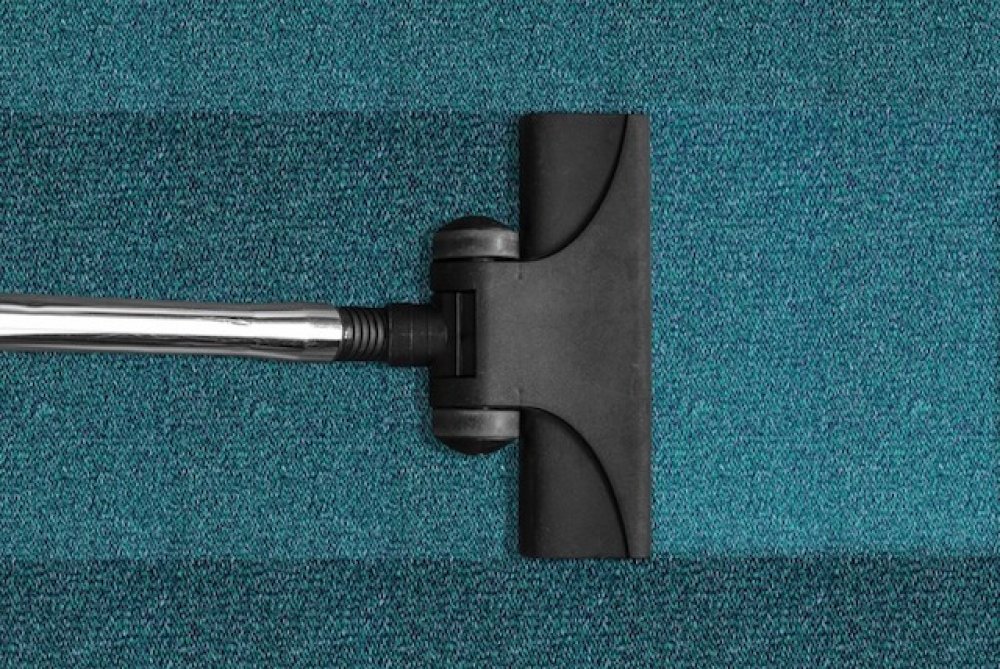
Proper Use of Facilities
Tenants must use property features and appliances as intended. This responsibility covers the proper operation of all plumbing, electrical, heating, and ventilation systems. Misuse can lead to damages, for which the tenant might be liable.
Damage Reporting
It is a tenant’s legal duty to promptly report any damage or need for repairs to the landlord. Early reporting can prevent minor issues from escalating into major problems, thereby potentially saving money and maintaining property value.
Minor Repairs and Maintenance
While the scope can vary by lease agreement and local laws, tenants often are required to perform or arrange minor maintenance. These small tasks, though minimal, are essential in maintaining the operational aspects of the property.
Optional Tenant Maintenance Responsibilities
Landlords might negotiate optional maintenance tasks with tenants. These arrangements should be clearly outlined in the lease agreement to avoid any misunderstandings. Here are some common optional responsibilities that tenants might take on:
Landscaping and Yard Maintenance
In single-family homes or townhouses, taking care of the garden, lawn, and general yard upkeep can be delegated to tenants. This might include mowing the lawn, weeding, or maintaining garden beds, depending on what is agreed upon in the lease.
Seasonal Maintenance
Seasonal maintenance takes on specific characteristics that landlords must consider sharing with tenants to maintain their properties effectively. During the summer months, which also correspond with hurricane season, landlords should prioritize inspecting and reinforcing the structural integrity of roofs, windows, and doors to withstand potential storms.
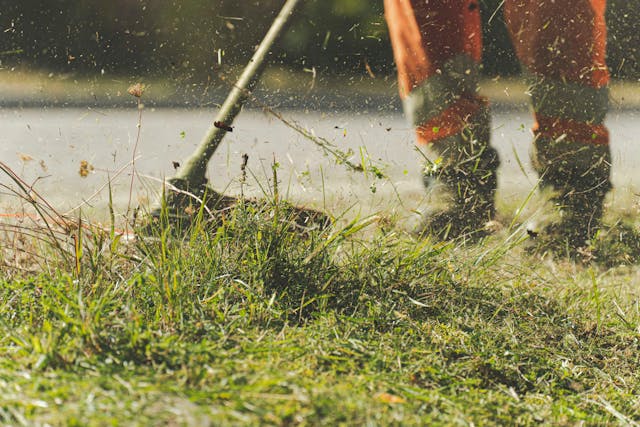
Clearing gutters and drainage systems to prevent water accumulation and damage is crucial. Air conditioning systems also require particular attention due to their constant use in the heat; servicing these units can prevent breakdowns and ensure they operate efficiently.
Pest Control
In some cases, especially in longer-term rentals, tenants might take on the responsibility of routine pest control. This could include setting traps for mice or scheduling and facilitating visits from pest control professionals.
Establishing Clear Guidelines
To avoid conflicts and ensure clarity:
- Document Everything: All agreed-upon maintenance responsibilities should be clearly documented in the lease agreement. This not only provides legal backing but also ensures both parties are on the same page.
- Regular Inspections: Landlords should schedule regular inspections to ensure the property is maintained properly and to address any issues before they become severe.
- Provide Resources and Instructions: Especially for optional responsibilities, providing tenants with the tools and instructions necessary to perform the tasks can lead to better maintenance of the property.
Bottom Line
By clearly defining and understanding the maintenance responsibilities that tenants are legally obliged and optionally might agree to undertake, landlords can better manage their properties and relationships with tenants. This not only helps in maintaining the value of the property but also contributes to a harmonious landlord-tenant relationship.
Clear communication and documented agreements are key to a successful partnership in property rental. When in doubt, work with a reliable Miami property management company. Contact Novel Management today to learn about our services!

